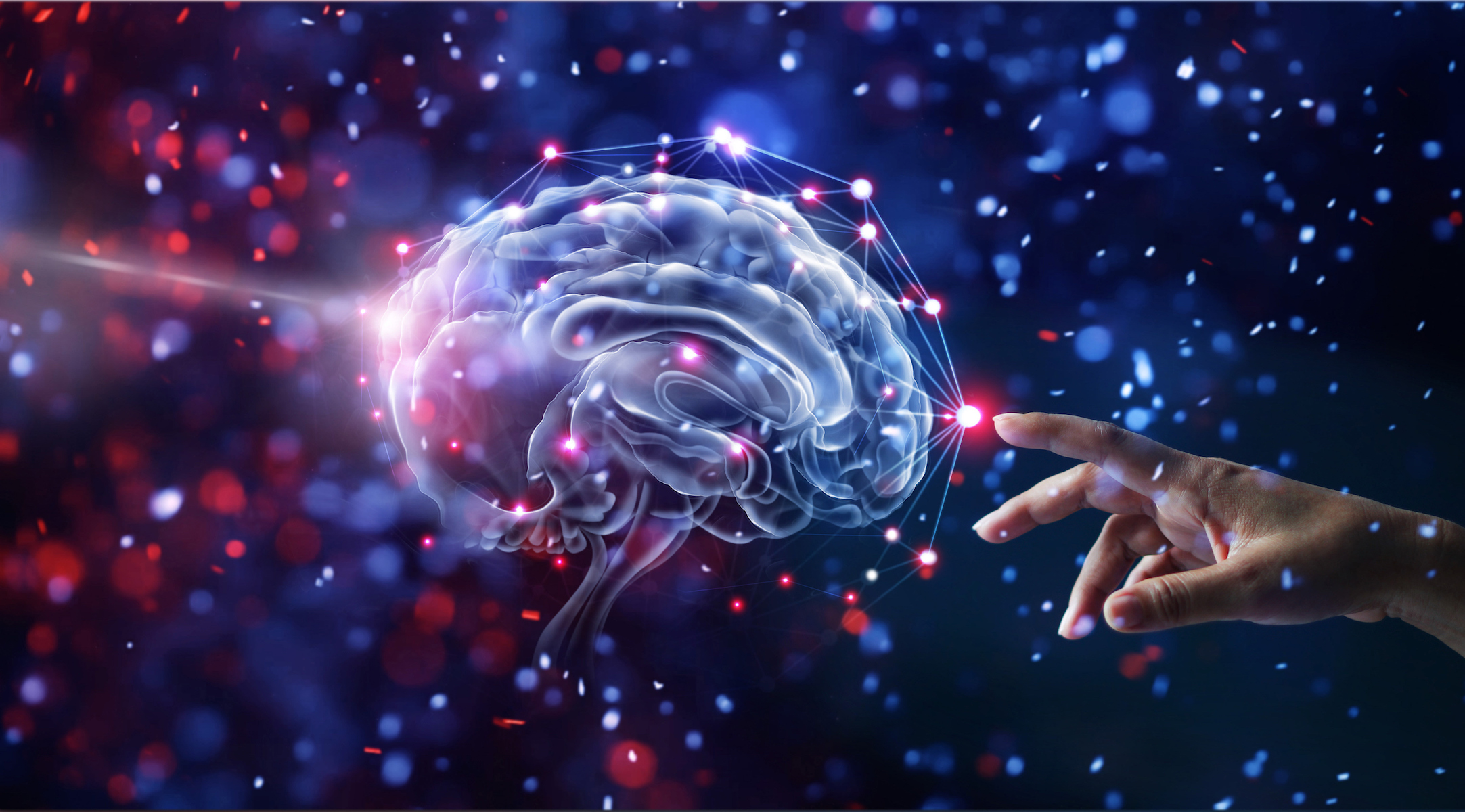
The purpose of this course is to promote key concepts in psychology. The course is designed to be an introduction to the science and profession of psychology. The course will assist the student in the development of a foundation of basic knowledge in order to pursue further studies in specific areas of psychology.
This is an introduction to the world of psychology. Topics include: biology of behavior, consciousness, memory, perception, learning, thought, motivation and emotion, social behavior, understanding personality, stress, and psychological disorders. At the end of the class, students should be able to demonstrate a basic knowledge of the science and application of psychology. This is a Universal Education Transfer Component (UGETC) course.
- Teacher: Hope Cate

This online course is designed to help students develop the computation skills they will need to be successful in the world of business along with a better understanding of business concepts and situations that require a mathematical solution.
- Teacher: Ryan Grossman
- Teacher: Bruce Slaughter

The purpose of this course is to further develop students’ English language, reading, and writing skills as a foundation for their academic studies. The course will address a range of texts and genres designed to improve students’ knowledge and understanding of academic discourse. Each unit also focuses on the progressive development of reading, grammar, writing, and test taking skills.
- Teacher: Angeline Davis
- Teacher: Bruce Slaughter

Interpersonal Communication applies communication theory to interpersonal relationship development, maintenance, and termination in friendships, romantic partnerships, families, and workplace relationships. The course explores theories and practice in verbal and nonverbal communication with a focus on interpersonal relationships.
- Teacher: Naarah Bryant
- Teacher: Angeline Davis

A study of the history of the United States from 1877 to present. You will learn about broad themes in the history of mid-to-modern America, including immigration, race and ethnicity, social and political reform, mobility and population growth, contested meanings of freedom, industrialization, cycles of prosperity and recession, popular culture, modernity, and rights movements. You will also develop ways of thinking historically through critical analysis of primary and secondary sources; setting events, documents and people in their historical contexts; and crafting interpretations and historical narratives from the “raw material” of the past. In this course, you should expect to do much more than memorize facts or dates – you will be busy actively doing history, not passively learning about history. Since it fulfills your “Constitutions” requirement, the course will also cover relevant aspects of the US and state constitutions.
- Teacher: Wade Arnold
- Teacher: Angeline Davis
- Teacher: Tim Nicholson
- Teacher: Bruce Slaughter
